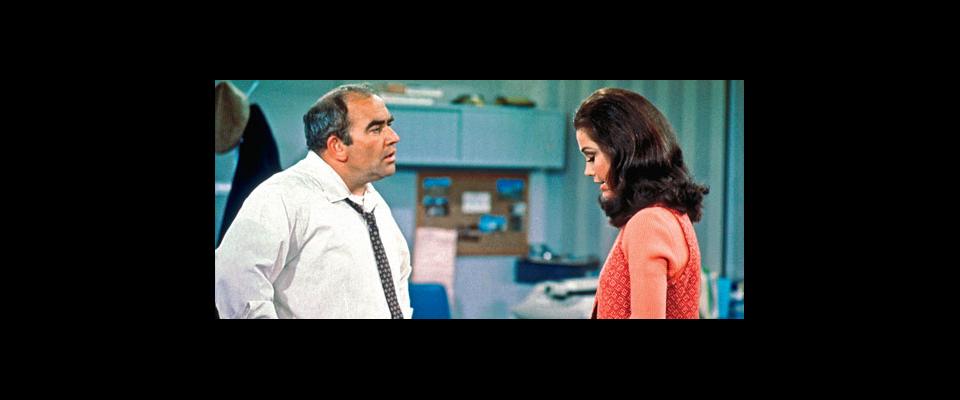How and when to talk money
When Ian Sherr decided to ask for a raise a year ago, he carefully considered the circumstances: His boss had just eaten lunch, had recently received a bonus check, and it was the holiday season. “I figured there might be some trickle-down goodness,” says Sherr, 25, now a graduate student in journalism at Berkeley.
Turns out he was right. A supervisor’s incidental emotions—the result of circumstances that are unrelated to a worker’s request for a raise—play an integral role in whether an employee’s request is granted, according to Haas Business School researchers Teck-Hua Ho and Eduardo B. Andrade. Their study, “How Is the Boss’s Mood Today? I Want a Raise,” published in Psychological Science, found that factors as seemingly minor as a sunshiny day and a kiss from the spouse on the way to work will elevate a boss’s mood, and prime him or her for salary discussions.
But beware: If the boss is aware a worker knows he or she is in a good mood, the employee may not only lose the opportunity for a raise, but come away with a sullied reputation. “Your boss might think you’re capitalizing on something,” says Ho, who handled many requests for salary adjustments when he served as the business school’s associate dean. “You don’t want to be perceived as opportunistic.”
It seems most people are implicitly aware of this phenomenon. Ho and Andrade randomly paired study subjects, designating half as “proposers” who would initiate a business deal and the other half as “receivers,” or would-be bosses. The proposers were asked to pitch either a 50–50 deal or a 75–25 deal benefiting themselves. When they were told the receiver was happy, proposers asked for the 75–25 deal 69 percent of the time. But when the proposers were told the “boss” was aware that his or her mood was known, the proposers were more cautious, pursuing the unequal deal only about 50 percent of the time.
Next the researchers will further study the role of emotion in negotiations by looking at how people manipulate their moods to affect others, an art perfected by professional poker players. “It’s like when the waitress acts happier when it’s time to deliver the bill,” Andrade says. That study could have implications for raise-seeking employees, too, adds Ho. “The boss could pretend to be angry to avoid giving the raise.”




















